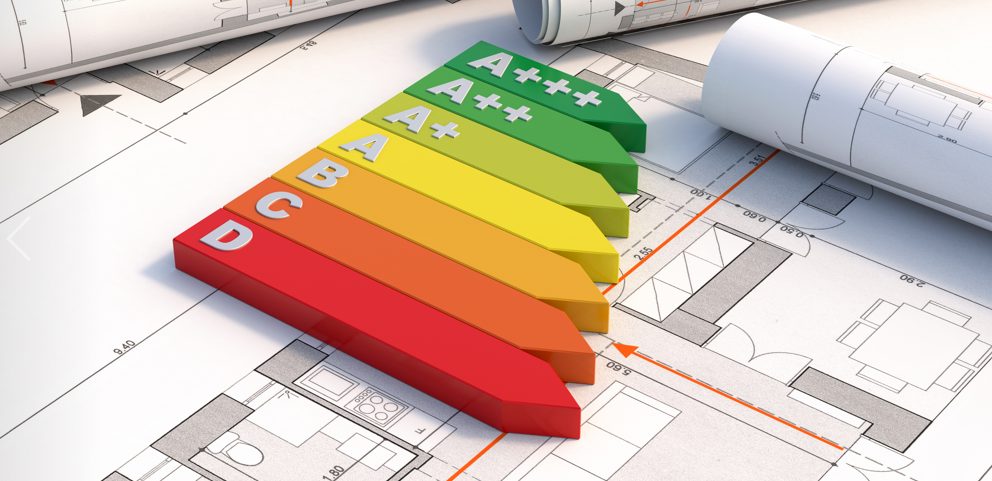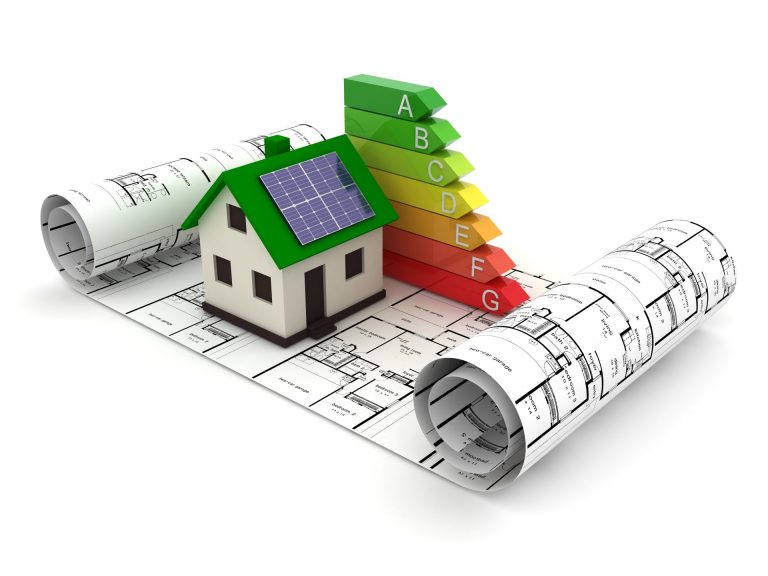From its appearance to the present.
The Energy Performance of Buildings Directive (EPDB) is an important piece of European Union legislation as it promotes the improvement of the energy performance of buildings within the Union. taking into account outdoor and local climatic conditions, as well as indoor climate requirements and their efficiency.

The EPBD aims to reduce both building energy consumption and related emissions, while ensuring adequate indoor air quality (IAQ).
European context.
Buildings are the largest consumer of energy in Europe, using 40% of energy and generating 36% of greenhouse gas emissions. This is because most are not energy efficient and run primarily on fossil fuels. In turn, heating, cooling and DHW are responsible for 80% of the energy consumed by homes.
EPBD 2002.
The first appearance of the EPBD was in 2002, Directive 2002/91/EC became the main European legislative instrument to improve the energy efficiency of the real estate stock. In said Directive, the following obligations were introduced in all Member States: a. A methodology to calculate and rate the integrated energy performance of buildings.
- An energy certification system for new and existing buildings, with display requirements for public buildings.
- Periodic inspections of heating and air conditioning systems.
- Minimum energy efficiency standards for new buildings and for existing buildings undergoing major renovations with a useful area of more than 1,000 m2.
This Directive was transposed into Spanish regulations by Royal Decree 47/2007, of January 19, which approves the Basic Procedure for the certification of energy efficiency of newly built buildings.
EPBD 2010.
Subsequently, Directive 2010/31/EU appeared and entered into force with a transposition deadline of July 2012. The updated text clarified, strengthened and expanded the scope of application of the 2002 Directive.
It was partially transposed by Royal Decree 235/2013, of April 5, recasting Royal Decree 47/2007, of January 19, which incorporates the basic Procedure for the certification of energy efficiency of existing buildings.
The main changes that were included were the following:
EPBD 2018.
- Development of a comparative methodological framework to calculate optimal cost levels of minimum energy efficiency requirements.
- Extension to all buildings of the obligation to establish minimum levels of energy efficiency when carrying out a major renovation.
- All new buildings will be near zero energy by December 2020 (December 2018 for public authority buildings).
- Obligation for Member States to list existing financial incentives to enable the transition to near-zero energy levels in buildings.
- Mandatory energy certification for all properties built, sold or rented.
- Improved inspections and reporting requirements for heating and cooling systems.
- Obligation of Member States to establish sanctions in case of non-compliance.
The EPBD of 2010 provided in its article 19 that the Directive had to be evaluated no later than January 2017. On June 19, 2018, the amending Directive 2018/844 was published. The main points were:
- The option for Member States to develop the use of Building Renovation Passports (BRP) and the requirement for the European Commission to carry out, by 2020, a feasibility study on the possibilities and timetable for the introduction of BRP as an option .
- Better access to finance, as well as links between financial measures and improved performance after renovation works.
- Changes to provisions related to inspections of heating, cooling and ventilation systems, as well as provisions related to technical building systems (mandatory individual control of room temperature, mandatory installation of building automation and control systems by 2025 in large non-residential buildings, etc.)
- Revision of Annex I on the methodology for describing the energy efficiency of buildings (increased transparency and incentive to use EU standards.)
EPBD 2021.
As part of the European Green Deal, the European Commission, through its "Fit for 55 Package," launched a review in 2021 of EU policies necessary to meet the greenhouse gas (GHG) reduction targets agreed in the European Climate Law, including the Energy Performance of Buildings Directive (EPBD).
The following aspects of the EPBD began to be reviewed:
- The possible introduction of minimum energy efficiency standards (MEPS) to stimulate both the rate and depth of energy renovations across the EU.
- Updating the requirements of long-term renewal strategies.
- The updated definition of “nearly zero-energy buildings.”
- Updating the requirements for energy efficiency certificates (CPE) and the general framework.
- A new definition of “deep energy renewal.”
- A greater role for digital solutions and a data-centric approach to assessing the energy performance of buildings.
- A possible extension of the scope of application of the Directive (i.e. the inclusion of carbon assessment throughout the life cycle of buildings).
As can be seen, the European Energy Efficiency Directive is a main piece in the framework of European legislation, responsible for guaranteeing compliance with the environmental objectives and needs of the EU, continually updating its terms in the search to regulate the conditions of buildings in the region, contain greenhouse gas emissions, contribute to the development of energy efficiency and the generation of energy from renewable sources.
If you are interested in learning even more about energy efficiency, its main actors, and being an expert in renewable energy management. Sign up for our Master in Efficient Management of Renewable Energies.



































